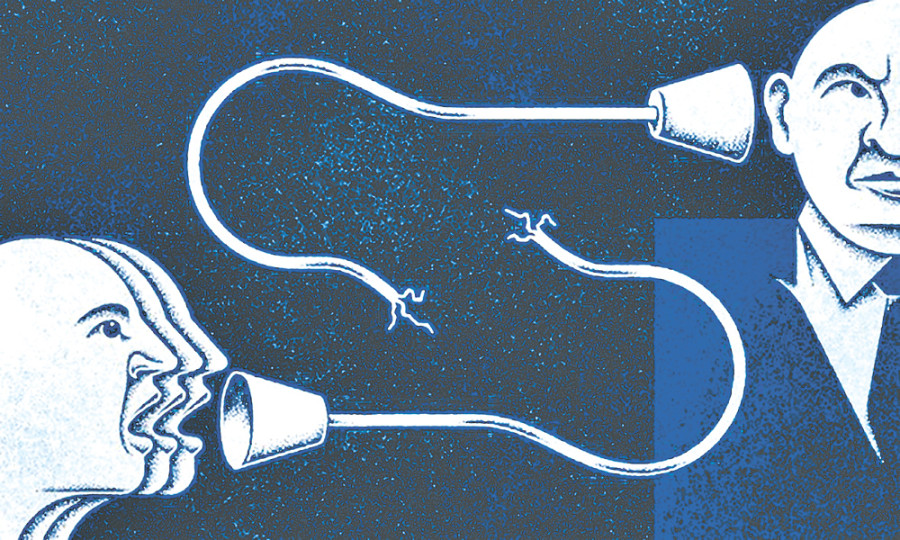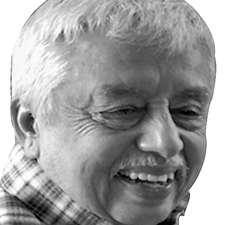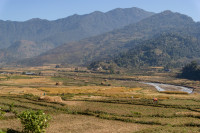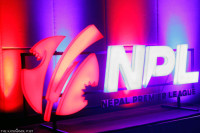Opinion
Corruption abyss
Fight against corruption is winnable only if the anti-graft agency is free of political interference
Naresh Koirala
Recently, the Commission for the Investigation of the Abuse of Authority (CIAA) has come under public scrutiny for allegedly aiding and abetting corruption and acting beyond its authority. Under the CIAA’s watch, Nepal’s rank in Transparency International’s Corruption Perception Index (CPI) slid from 116 in 2013 to 130 in 2015. Corruption impacts all aspects of life in Nepal. Is the battle against corruption winnable?
Yes, it is! Well not completely, but to a great extent. It has been won in several countries including Hong Kong and England. In the late 1960s and early 1970s, corruption in Hong Kong was more of a norm than exception, much like in contemporary Nepal. Today, Hong Kong is one of the cleanest places in the world.
If we go further back, until the late 18th century, England was rife with corruption. It too got rid of much of the malfeasance. Review of Hong Kong’s and England’s turn-around can help us understand the CIAA’s failure.
Stories of Hong Kong and England
“Womb to Womb”—this is how Kok Man-Wai, a former Deputy Commissioner of Hong Kong’s ‘Independent Commission Against Corruption (ICAC)’, described the extent of corruption in Hong Kong back in 1960-1970. He said that until the early 70s, people of Hong Kong, in order to earn a living and secure basic services, paid “Tea money”, “black money”, “hell money”. “Ambulance crews would demand tea money before picking up a sick person. Even hospital amahs (service providers) asked for “tips” before giving patients a bedpan or a glass of water.”
In 1973, students in Hong Kong spearheaded a mass rally protesting and condemning the government’s inaction. In 1974, the Governor of Hong Kong established the ICAC to investigate corruption. The ICAC reported directly to the governor—a non-partisan, public officer appointed by the British government.
In a matter of a few years, the ICAC established itself as one of the most effective anti-graft agencies in the world. In 2015, Hong Kong scored 75 out of 100 in Transparency International’s Corruption Perception Index (CPI) and was ranked 18 on the CPI list. The success rate of the ICAC registered cases in the court was over 82 percent.
Sanjeev Sabhlok, a public policy specialist who has studied the history of corruption in England writes that in England, from 1660 to 1790, “out and out corruption was the main means of securing election to Parliament and of forming Government. Not only were governments bought, but elections too.”
“The break to this cycle of corrupt election came in small increments through titanic battles fought between the monarch and the House of Commons. The catalyst was speeches in the House of Commons by two famous parliamentarians denouncing the use of executive power for private gain. The speeches were widely circulated in pamphlet form to mobilize public opinion. This generated widespread support among voters and the non-voting general public alike” and led to a chain of enabling legislation and prosecution of corrupt high profile public officials by the House of Commons.
The incremental reforms worked their way through the English political system over a long time and made Britain what it is today—one of the 10 least corrupt countries.
Nepal’s case
In 2013, Lok Man Singh Karki was appointed the chief of CIAA on the recommendation of Nepal’s cartel of political parties, “the syndicate”. The syndicate controls Nepal’s legislative agenda, all significant public sector appointments and perpetuates the parties’ rent-seeking politics. A government commission had earlier recommended that given his nefarious past, Karki should not be trusted with any responsible public post. There were significant protests from civil society leaders against the syndicate’s recommendation but to no avail.
Narayan Manadhar, a well-known anti-corruption scholar, summarises the CIAA’s performance in a paper published in 2015 by Rottenburg University, USA: The CIAA “has been successful only with petty corruption cases such as fake academic and citizen certificates, counterfeit passports and bluebooks (vehicle ownership certificates). The CIAA has not initiated a single high-profile action against political leaders. It must be said that the high conviction rates (over 80 percent) published by the CIAA to be an unreliable indicator of performance”.
Karki’s critics accuse him of routinely acting beyond his authority and threatening those who do not comply with his orders with severe consequences. The Supreme Court has reprimanded the CIAA for a number of ultra vires acts but Karki’s action against his critics on trumped up charges has continued. His latest salvo was on Dr Govinda KC, a Gandhian crusader against corruption in medical education. KC had accused Karki of promoting corruption in medical colleges and demanded his impeachment. Karki responded by name-calling and making unsubstantiated accusations. He called KC a “lunatic” in cahoots with the medical mafia. Elsewhere in the world, Karki would have been charged with slander, but “the syndicate” chose to remain silent.
Karki and the political parties are mutually dependent for their survival. Karki will be out of a job should the parties decide to impeach him, and the politicians will be in trouble if Karki exposes their malfeasance. Ignoring each other’s transgressions has been their survival strategy.
Cancer of syndicate politics
But the public has woken up to the deceit. They have recognised that the CIAA’s few anti-corruption actions were sideshows to distract the public. Thousands of ordinary Nepalis took to the streets in support of KC. Despite their leaders’ reluctance, Gagan Thapa, Dhamraj Gurung and Shyam Shrestha, all Members of Parliament, echoed public sentiments and demanded that Karki be investigated.
The reasons for Karki’s failure are simple. He was hired to serve the interests of “the syndicate”, not those of the public.
The experience of Hong Kong and England lead to the conclusion that the fight against corruption is winnable if the anti-graft agency is free of political interference, is headed by a person of high moral rectitude and young people and conscientious parliamentarians join forces in the fight.
Politicisation is an inherently anti-democratic and corrupt practice. Karki must be investigated for his alleged excesses. But his removal, should that happen, will only be a small remission from the cancer of syndicate politics that ails the country. It is not in the interest of “the syndicate” to have a person with integrity to head the CIAA. The likes of Karki will keep on popping up and corruption will continue to hollow out the country until “the syndicate” rules.
Koirala, a geotechnical engineer in Canada, was a consultant to the National Planning Commission




 16.12°C Kathmandu
16.12°C Kathmandu










